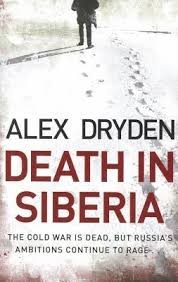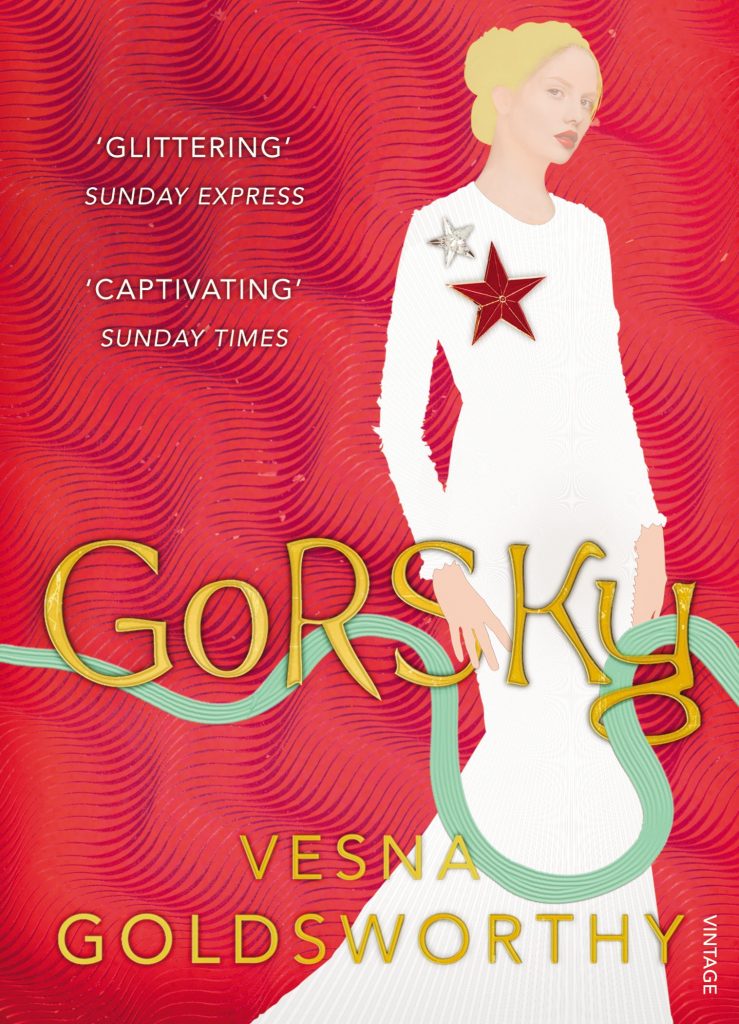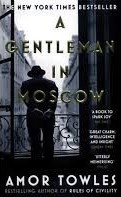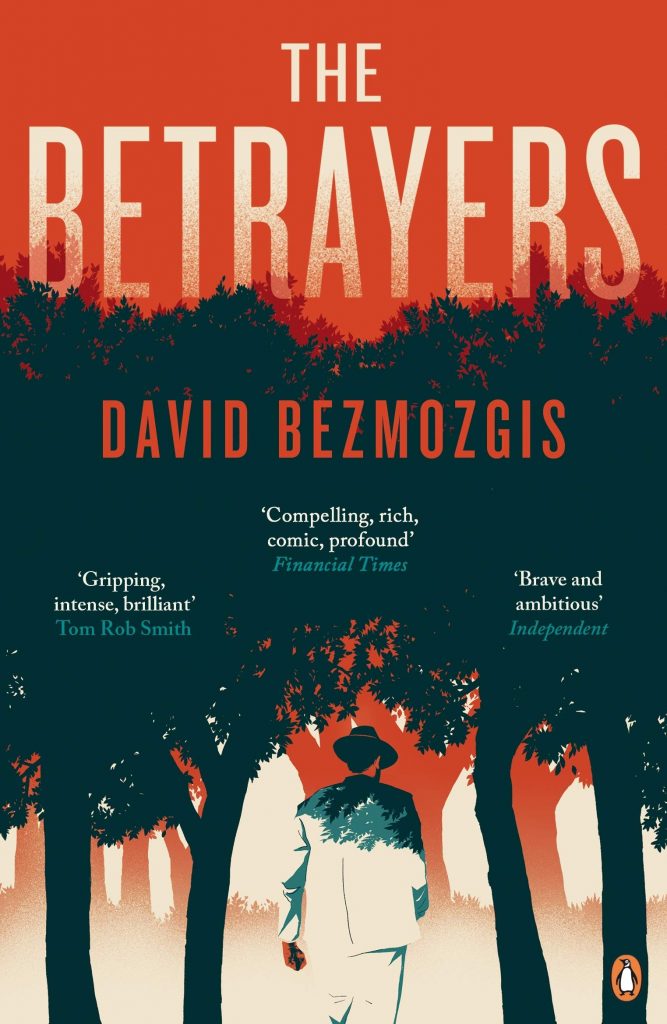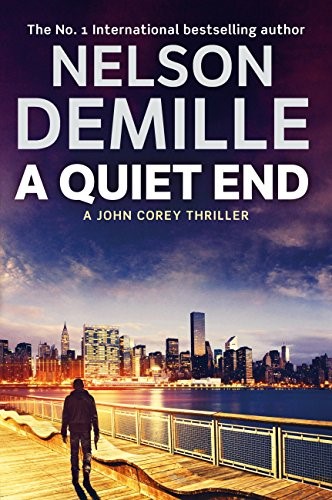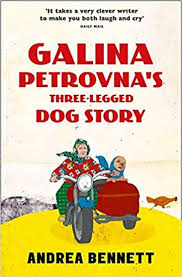
Russia in Fiction has reminded readers often enough that the reviews on this blog ask two questions of every book. What is the book like? And how does it portray Russia?
Galina Petrovna’s Three-Legged Dog Story unquestionably knows its Russia. Andrea Bennett falls into the category of authors who lived in Russia in the unforgettable chaos of the 1990s. Just as did Sophia Creswell, Anna Blundy, and A.D. Miller, Andrea Bennett successfully draws on that experience in writing memorable fiction.
And as for what the book is like? Galina Petrovna’s Three-Legged Dog Story summons up the sometimes joyous, sometimes tragic disorder of the immediate post-Soviet years in a slightly surreal yet recognisably realistic comic tale.
Continue reading